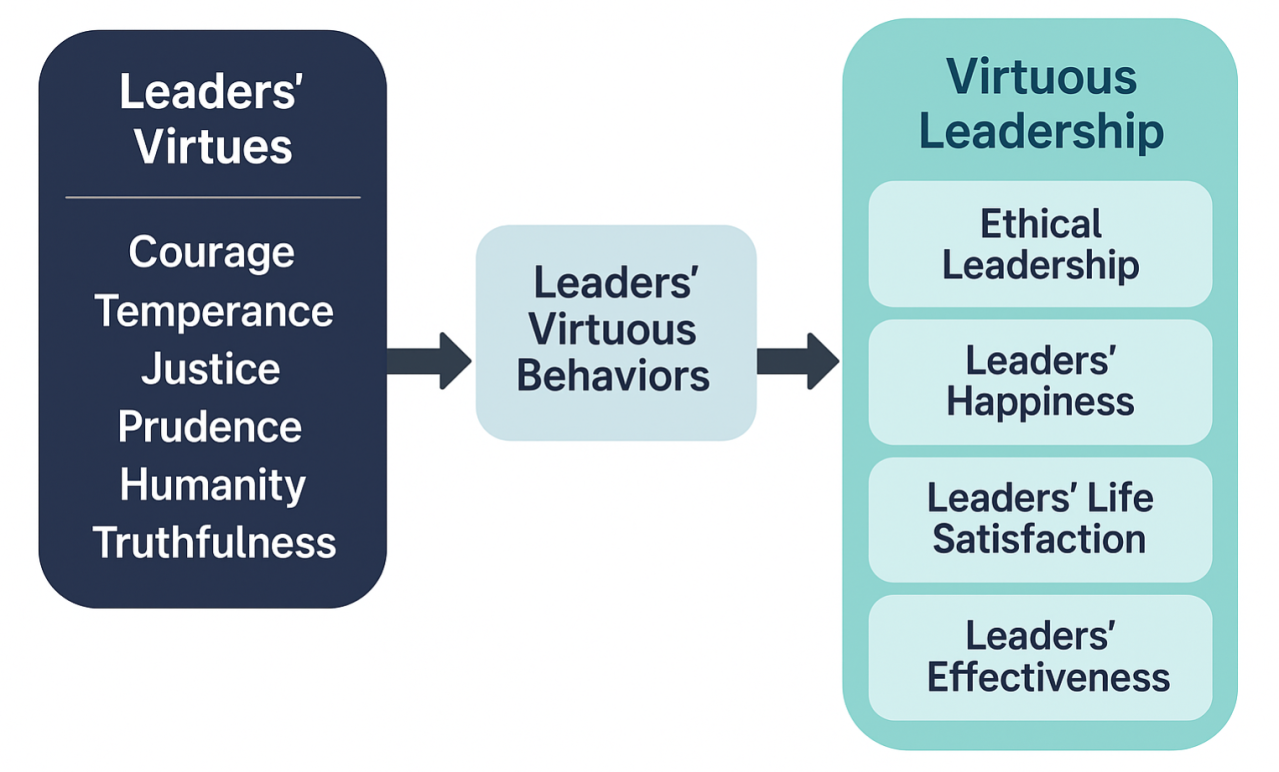
Virtue Isn’t Optional: The Foundation of Faith-Based Leadership
What’s the secret weapon of enduring faith-based leadership? It’s virtue—a life devoted to practiced character excellence. In this thoughtful reflection, Dr. Aria Jones reveals how virtues transform leaders into moral role models who serve with integrity, thoughtfulness, and spiritual clarity. If you’re seeking purposeful leadership anchored in faith and values, this message will resonate deeply with your calling.
Every inanimate object is crafted with a specific function in mind; for instance, a knife is expertly designed to cut, and its effectiveness is measured by how well it performs this task. Similarly, each human being is created with a unique purpose that aligns with their specific abilities and potential, a purpose that no other individual can fulfill in the same way.
Just as it would be impractical—if not impossible—to use a spoon, which is designed for scooping, to slice through a loaf of bread, it is equally unlikely that God would call upon any of His children to fulfill a role or purpose for which they were not specifically created. This idea underscores the belief that every individual has a meaningful role in the grand design, endowed with unique qualities that enable them to contribute authentically and effectively to the world around them. Through understanding and embracing their intrinsic purposes, individuals can cultivate their virtues and fulfill their destinies.
The Importance of Virtuousness in Leadership
Fedler (2006, pp. 35-36) illustrates the concept of "arete" by defining it in relation to various objects: the "arete" of a knife is its sharpness, while the "arete" of a blanket is its warmth. In a parallel manner, the "arete" of an ethical leader resides in their virtuous character. This means that cultivating a life of virtue is fundamental for individuals who aspire to navigate the complexities of leadership effectively.
Well-developed character is not formed overnight; rather, it is shaped gradually through the deliberate practice of virtuous thoughts and behaviors. Such intentional cultivation contributes to the development of a genuinely flourishing individual (Wright, 2010, p. 35). When a leader's character is firmly grounded in virtue, they exhibit a higher quality of moral integrity and ethical standards compared to those who do not prioritize virtues in their lives. This distinction is crucial, as it underscores the importance of ethical leadership in fostering trust and respect within organizations and communities. Ultimately, the character of a leader rooted in virtue not only enhances their effectiveness but also serves as an inspiration to others, promoting a culture of integrity and excellence.

Developing Virtuous Character
The development of a virtuous character is a process that must unfold gradually and with intentionality, akin to the way a tree gradually matures before bearing fruit. Just as it is not possible to rush nature to produce fruit out of season, we cannot artificially impose character upon an individual, nor can we expect it to manifest spontaneously on command (Wright, 2010, p. 35; Ecclesiastes 3:1).
As Christian leaders, or other faith-based leaders, it is essential for us to make deliberate, repeated choices that foster the cultivation of strength of character and virtue. This ongoing commitment to personal growth equips us with the moral fortitude and ethical skills necessary to navigate the inevitable moral and ethical dilemmas we encounter throughout our leadership journey. Each decision shapes our character, just as each branch and leaf contributes to the health of a tree (Wright, 2010, p. 35).
Furthermore, our character, much like the tree, is ultimately revealed through the fruits we produce. We will be recognized not only by our actions but by the transformative nature of our character, which resonates with the teachings found in scripture (Luke 6:43-45). As we strive for personal transformation, we align ourselves with the principles outlined in Romans 12:2 and Galatians 5:22-26, ensuring that our lives embody the fruits of the Spirit and reflect the virtues to which we aspire.
Call to Action
The development of a virtuous character is a process that must unfold gradually and with intentionality, akin to the way a tree gradually matures before bearing fruit. Just as it is not possible to rush nature to produce fruit out of season, we cannot artificially impose character upon an individual, nor can we expect it to manifest spontaneously on command (Wright, 2010, p. 35; Ecclesiastes 3:1).
For all faith-based leaders, it is essential for us to make deliberate, repeated choices that foster the cultivation of strength of character and virtue. This ongoing commitment to personal growth equips us with the moral fortitude and ethical skills necessary to navigate the inevitable moral and ethical dilemmas we encounter throughout our leadership journey. Each decision shapes our character, just as each branch and leaf contributes to the health of a tree (Wright, 2010, p. 35).
Furthermore, our character, much like the tree, is ultimately revealed through the fruits we produce. We will be recognized not only by our actions but by the transformative nature of our character, which resonates with the teachings found in scripture (Luke 6:43-45). As we strive for personal transformation, we align ourselves with the principles outlined in Romans 12:2 and Galatians 5:22-26, ensuring that our lives embody the fruits of the Spirit and reflect the virtues to which we aspire.
Now, let us take action! Commit to developing your character purposefully each day. Reflect on your decisions, seek guidance from scripture, and engage in meaningful conversations with others who inspire you. Together, we can nurture the moral and ethical qualities within us, creating a ripple effect that positively influences those around us and enriches our communities. Let us bear fruit worthy of our calling!
Sources
Fedler, K. D. (2006). Exploring Christian ethics: Biblical foundations for morality. Louisville: Westminster John Knox Press.
Hacket, R. & Wang, G. (2012). Virtues and leadership: An integrating conceptual framework founded in Aristotelian and Confucian perspectives on virtues. Management Decision 50(5): 868-899. DOI: 10.1108/00251741211227564
Wright, N. T. (2010). After you believe: why Christian character matters. New York: HarperCollins Publishers.
